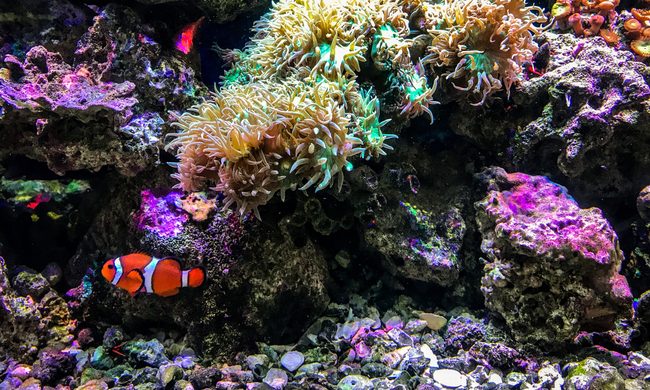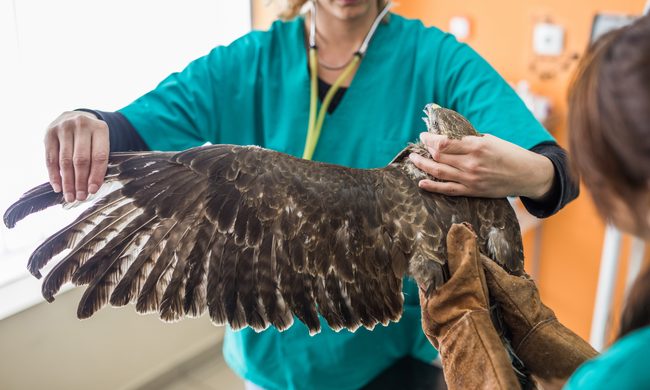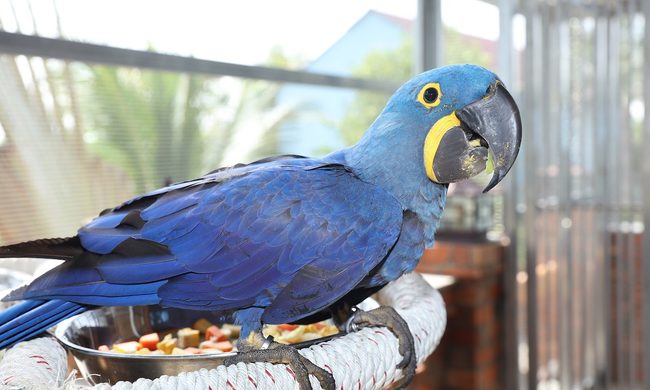We all know dogs cannot digest it, but can birds eat chocolate? It may come as a surprise that a number of familiar foods are on the no list for our feathered friends, even some fruits and veggies. You wouldn’t want to accidentally poison your pet or the neighborhood singers, so think carefully before grabbing a snack from the kitchen. While there are plenty of things you can both share, avoid the items on this list of toxic food for birds.
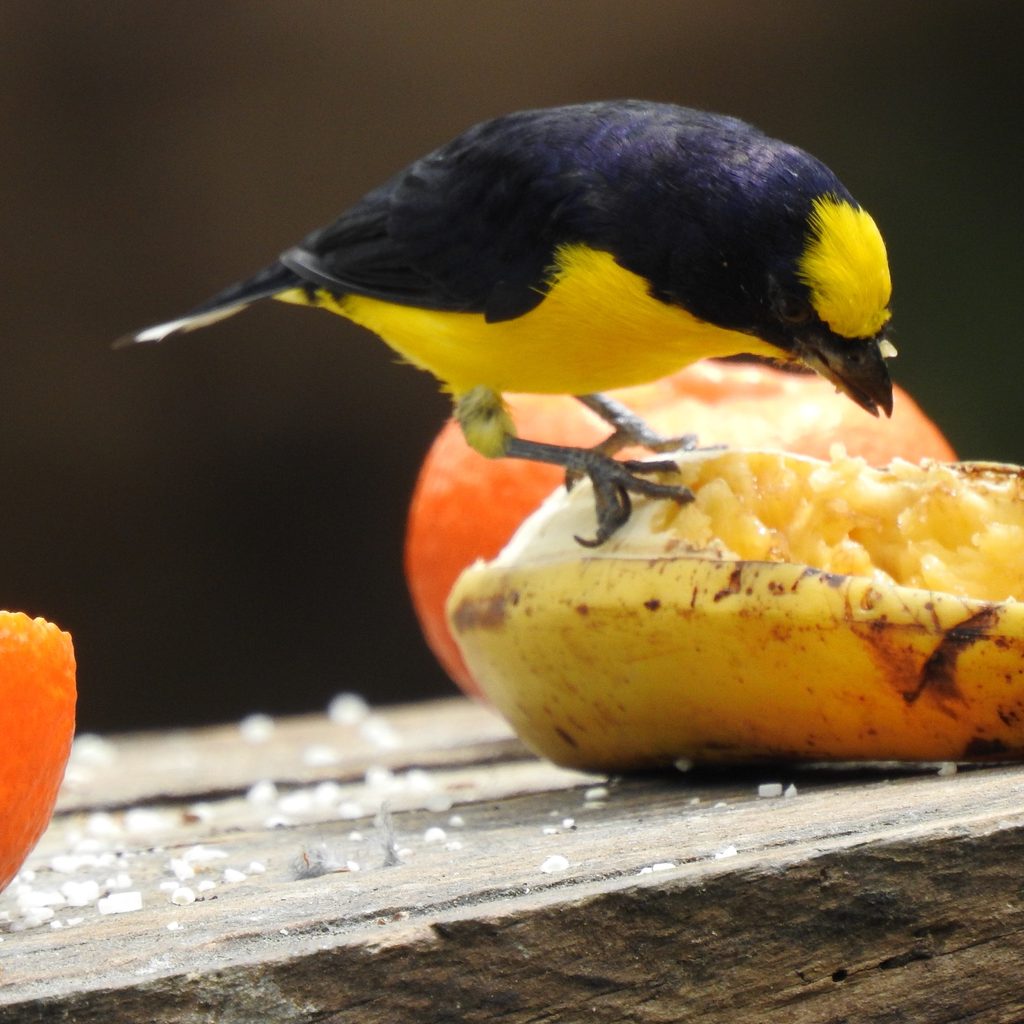
Toxic food for birds
Chocolate
We hinted at this earlier, and you should always remember it. Because it contains theobromine, a heart stimulant, most pets can’t eat chocolate, and it should never be given to any animals. Keep all candy where you know birds won’t get at it and make sure your treats don’t have chocolate in them by accident (don’t give your bird cookies, for example). Luckily, outside of dogs, most of our companions don’t have much interest in this dessert.
Caffeine
In addition to anything with cocoa, you want to avoid this stimulant. It can become tricky to do so if you share cups of water with your pets, so we recommend teaching them not to drink from a glass at all. You wouldn’t want your tiny bird’s heart to go into overdrive, which means keeping them away from the coffee, tea, and soda that you enjoy.
Bread
While you might see people happily throwing bread or crackers to outdoor birds, we recommend against it. It’s not poisonous per se; the real issue is that birds can completely fill up on dense, carb-heavy bread that gives them essentially no nutrients. On top of that, any bread mold will cause harm — definitely don’t provide them with old scraps that have gone bad.
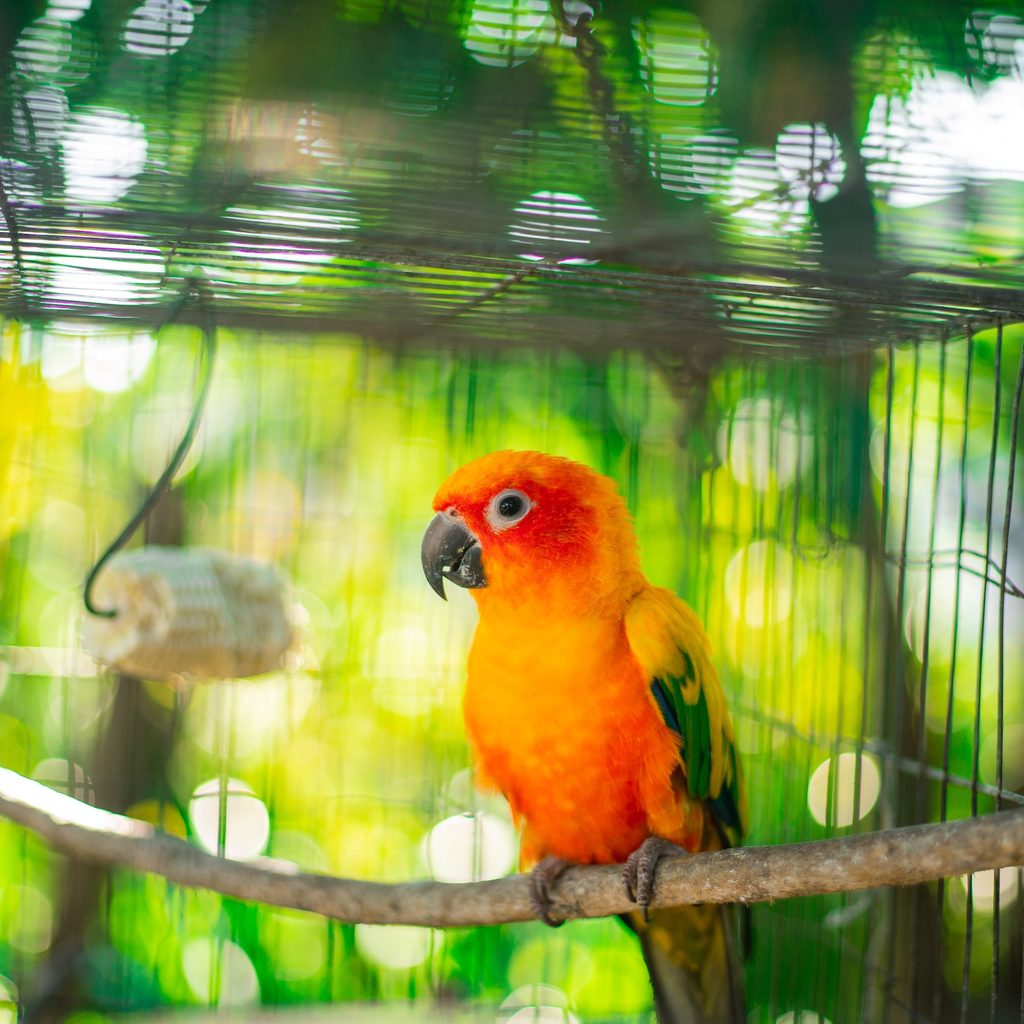
Apple seeds
Or many seeds, really. In addition to small amounts of bad chemicals like cyanide and arsenic you’ll sometimes find inside, you don’t want your favorite tweeter to choke. But these fruits make great snacks when they have been pitted: Feed them apple, orange, cherry, grape, and pears to your heart’s content once you’ve removed the pit or seeds.
Milk
Add this to the list of beverages your avian cannot consume (if you do want to give them a liquid treat, stick with watered-down fruit juice in small quantities). Unlike us and our four-legged friends, birds don’t consume milk as babies because they aren’t mammals. Therefore, they can’t digest dairy properly. Hold off on the cheese, butter, and cream as well.
Salt
We all need it but in controlled quantities. In the case of your bird, even a little can cause dehydration and kidney problems. Don’t worry, they get enough from the seeds and bugs they eat naturally. That means never feed a bird chips or salted seeds, like sunflower. Oddly enough, raw potato in small quantities is fine for a treat.
Onions
We just said potatoes were OK, but that doesn’t mean everything that grows underground will work as a bird snack. Onions have lots of sulfur in them that can harm your little bird, inside and outside. Garlic, too, is bad for your animals. Keep in mind, this means you can never give her anything with onions in it, even if it’s mostly filled with palatable foods.
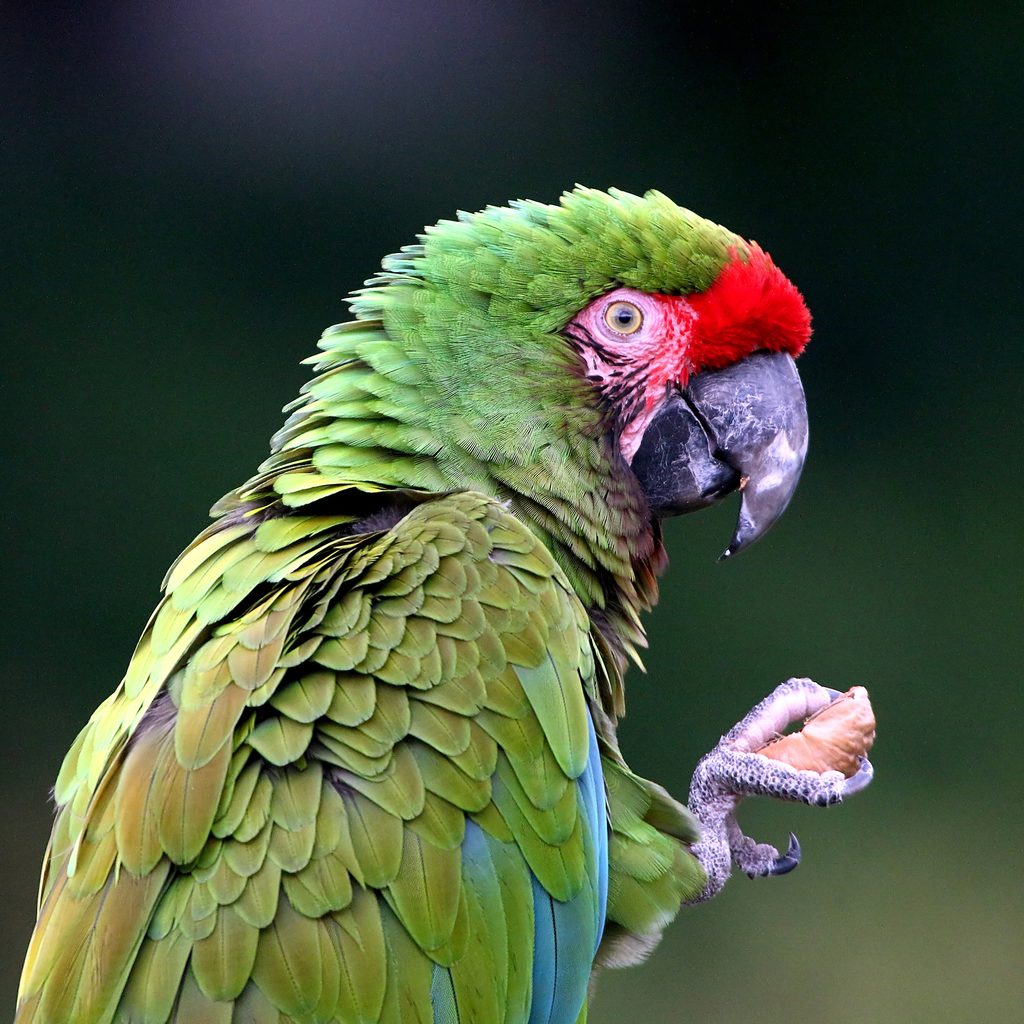
Fat
As with salt, everything needs fats to survive, and you may put out suet in the winter months or sneak an almond to your parrot. However, too much fat will hurt their hearts and raise their cholesterol, as it would for you, but your bird is smaller and therefore needs to take it easier. And she needs only the right kinds of fats, so skip any oils entirely.
While this may seem like a big list of don’ts, you can still give your birdie a few human snacks now and then. Fruits and veggies work the best for most species, especially in small quantities. Split a pear with your bestie (throwing away the seeds) or cut her off a small slice of pepper while you cook. If ever your bird does ingest something toxic, call the vet right away. In the case of chocolate or other poisonous foods, the animal hospital may be able to give you medicine to help her survive.


